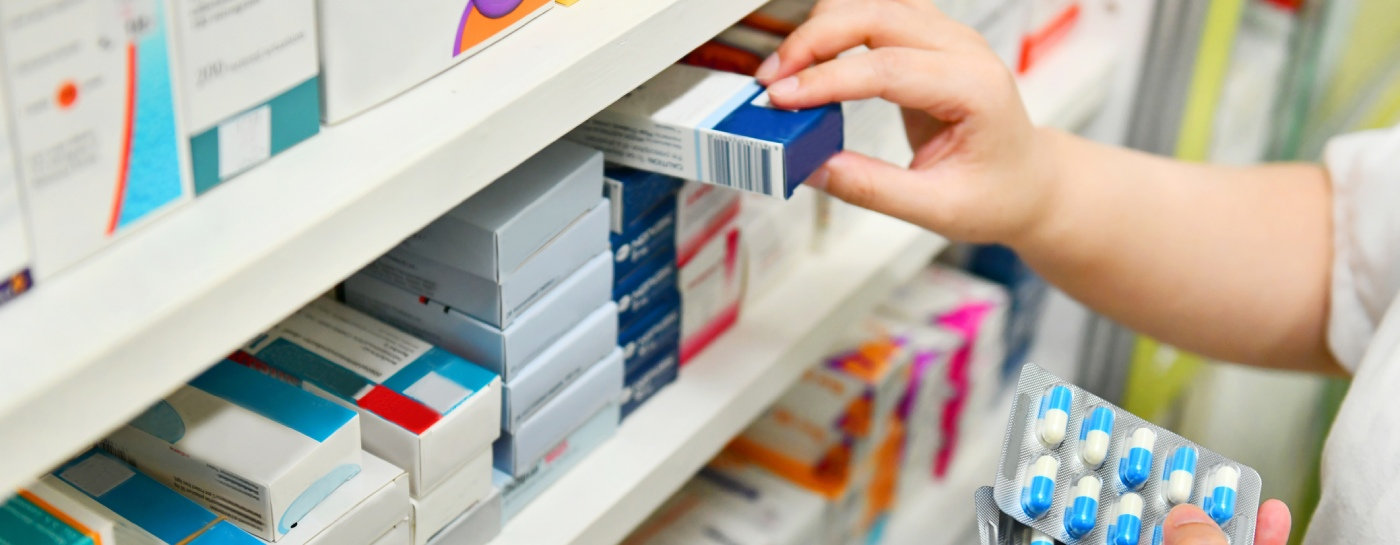In Asia Pacific's rapidly fast-changing medical markets, DKSH is driving new standards of innovation for sustainable packaging and waste management. Timely and safe delivery of life-changing healthcare products to people across the region is far from straightforward. Costs are rising. Short delivery windows are common. Regulatory frameworks are evolving to meet international quality standards.

Customers’ expectations are changing about receiving, handling, and storing specific products. Innovating in sustainable packaging and waste management improves the “last mile” service for customers across our extensive network of shipping, storage, freezing, communication, and medical services.
Here are five factors to consider when choosing the right sustainable packaging solutions partner:
1. Different Compliance Rules
Healthcare is a highly regulated sector with rigorous compliance responsibilities. Unlike Europe and the US, Asia Pacific lacks a central regulatory approval process for medicines, drugs, and vaccines. Differentiated legal requirements and procedures related to medical products add operational complexity.
Progress is being made to harmonize quality assessment procedures and technical regulations in ASEAN. With some way still to go, the seamless movement of life-saving healthcare products across borders is edging closer in a region of over 670 million people. So it’s important to work with experienced partners that understand the regulations, requirements, and have the team network to secure approval.
2. Optimizing Packing Materials Utility
To conserve natural resources, DKSH applies strict waste management protocols throughout our business. Plastic pollution is a global concern, and we constantly develop new ways to reduce plastic packaging waste from our products. While we do not influence the packaging used for our clients’ products, we are driving down materials waste in logistics to a minimum.
Extensive packaging is required to protect medical items from becoming damaged during distribution. Our teams adopt circular economy initiatives to salvage and reuse card fillers and brackets for wrapping pallets. Optimizing void space within packaging reduces the need for plastic filler air pouches. In addition, we are working to optimize the life cycle of bespoke reusable boxes that provide stable temperature control for highly sensitive medical items.
3. Extending Cold Chain Life Cycles
Highly specific conditions must be maintained for transporting and handling medical products. Even a small discrepancy in temperature can render life-saving medicines dangerous. DKSH is at the forefront of innovation in sustainable, temperature-controlled medical packaging. In tandem with real-time monitoring systems, we can extend the cold chain life cycle to guarantee safety and reliability for each delivery.
During the pandemic, we developed the Brilliant Box (B-box), a recyclable cold-chain box to transport vaccines. Derived from extensive experience in healthcare markets across the Asia Pacific, it is lightweight and more durable than Styrofoam boxes. With a life cycle of five years, the B-box ensures enhanced insulation for multiple deliveries of temperature-sensitive medicines and wellness products.
In Malaysia, the Orca box offers similar protective and environmental benefits with a life cycle of 10 years. Olivo, a new cold-chain box in Vietnam, is made of expanded polypropylene and can be reused 10 times. In South Korea, a partnership with Atacand created a solution to reduce single-use packaging and cut waste.
4. Quality Assurance Certifications Build Trust
Planet-friendly cold-chain solutions are not created overnight. Materials must be carefully sourced from certified suppliers. Each product undergoes detailed temperature control tests in the laboratory, warehouse, and during distribution. This generates the data mandated by the US Federal Drugs Agency (FDA). Annual validation of cold-chain boxes is carried out under various scenarios by our quality assurance experts.
DKSH is striving to increase the number of our own-brand medical products using FSC-certified packaging. The Forestry Stewardship Council (FSC) label is the world’s most trusted mark of sustainable forestry, and FDA approval is needed to obtain accreditation.
5. Overcoming Supply Constraints
Meeting our company target to be climate neutral by 2030 will require overcoming supply constraints. A major challenge is the availability of packaging materials that meet FSC standards. Most planet-friendly packaging is currently sourced from Europe, which incurs shipping costs and a carbon footprint.
As new environmental regulations are enforced across Asia Pacific, eco-friendly packaging solutions will attract greater investment. This should enable suppliers to provide more accurate data about water and energy savings during processing and achieve international quality validations. Scaling up the quantity of regional supply would reduce costs and bring sourcing closer to the point of distribution.
Read more of our Insights here.